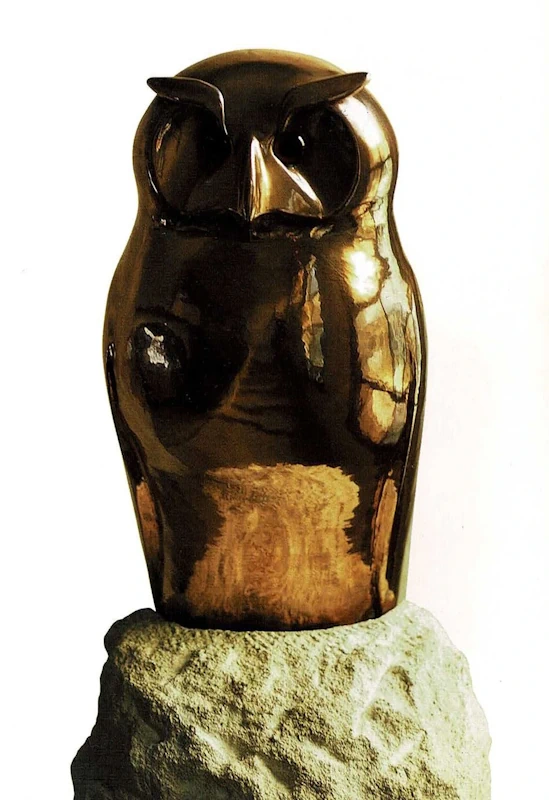If you hear “Tour de France”, many will immediately think of the mythical cycling stages, the vertiginous mountain passes, and the riders in pursuit of the yellow jersey. And yet, long before the pelotons, another Tour de France, more discreet but just as demanding, already existed: that of the Compagnons du Devoir.
Companionship: a model based on excellence, transmission and sharing
Companionship is an ancient tradition, born in the Middle Ages, in which young craftsmen tour the country to learn their trade from the best. Carpenters, masons, roofers, bakers: at each stage of this journey, they perfect their techniques, their knowledge, but also their sense of a job well done.
Even today, being a companion means belonging to a supportive and demanding network, where quality, excellence and the transmission of knowledge are fundamental values. It is a true professional and human commitment, which pushes each member to surpass themselves, to pass on their knowledge, and to evolve their craft.
Companionship exists internationally under other names:
- In Germany, they are called “Wandergesellen”
- In France, “Compagnons”
- In Anglo-Saxon countries, “Journeymen”
- In Australia or Switzerland, there are variants inspired by this tradition
In many countries, this model is little known, or even non-existent. However, its universal values strongly resonate with today’s healthcare challenges.
Drawing inspiration from Companionship to support healthcare professionals internationally
The healthcare sector is generally solidly structured: rigorous academic training, hospital internships, supervision by experienced professionals… In other words, in healthcare professions, we’re not so far from the spirit of Companionship.
But for healthcare professionals trained abroad who come to practice in France, the challenge is of a different nature: adopting a new system, new practices, a new culture of care. This is where Companionship can inspire us to create support worthy of their skills and expectations.

Some principles from Companionship adapted to the world of healthcare:
- Peer-to-peer transmission: promoting mentoring, practice exchanges, supportive listening among professionals
- Diversity of experiences: encouraging rich pathways, in different structures, for a gentle and progressive adaptation
- The sense of belonging to a network: creating connections between international healthcare providers to share experiences, help each other, and progress together
- The pursuit of quality: valuing work well done, rigor, attention to detail, just as companions do in their trades
Anchoring in research to aim for excellence
In Companionship, excellence is never a given: it’s a constant search, a permanent improvement. In the medical field, this dynamic finds a natural echo in scientific research.
Healthcare professionals are the first witnesses to the evolution of practices. Their perspective, their feedback from the field, their initiatives can nourish medical practices and concretely improve the quality of care.
Encouraging a culture of continuous improvement also means opening the door to research: clinical, organizational, or even in public health. Because innovating also means providing better care.
Sharing, a powerful lever for quality of care
One of the pillars of Companionship is the sharing of knowledge. In healthcare, this can translate into:
- Dissemination of best practices
- Co-construction of adapted care pathways
- Peer-to-peer training
- And the recognition that medical knowledge is living and collective
By promoting these dynamics of sharing, we enrich not only individual practice, but also the overall quality of patient care.
Encouraging sharing at all levels.
The spirit of Companionship in healthcare professions: the essence of HCP eXchange
For this sharing to be truly effective, it must go beyond the framework of a single institution. The improvement of medical practices depends on the circulation of information, at all levels: local, regional, national and even international.
This is why it is essential to create bridges between structures, territories, countries and medical cultures, in order to bring about innovative practices that are better adapted to the realities on the ground. In this sense, every healthcare professional, regardless of their origin, becomes an agent of change.

What if we advocated for the idea of “medical Companionship”?
No, international healthcare providers won’t be doing the Tour de France by bike… but they could, in their own way, embark on a demanding and structured journey, in the manner of the Compagnons du Devoir. A journey where one learns, where one transmits, and where one grows together.
Inspired by these values, we have developed HCP eXchange, a model to support healthcare professionals who wish to practice abroad. Because, like the compagnons, they too have knowledge, passion, and a mission: to provide care with commitment and competence.


